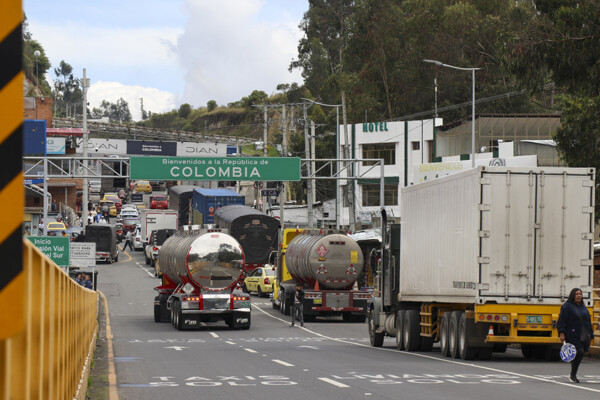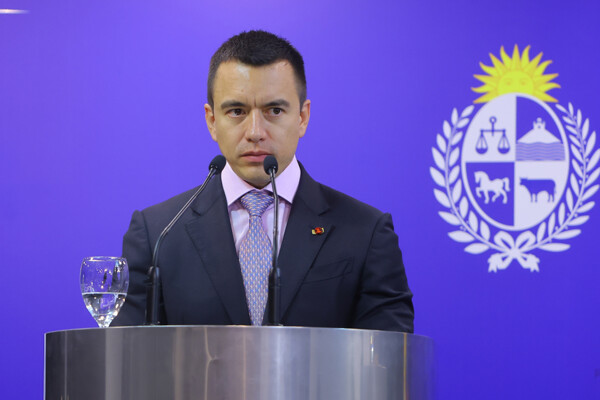The Latin American Energy Organization (Olade) estimates that by the year 2030, Latin America could have around 20 million electric vehicles if the observed growth in the electric vehicle fleet continues after the pandemic. This was indicated by Andrés Rebolledo, executive secretary of Olade, during a conference on energy efficiency.
Rebolledo emphasized the importance of implementing state policies that transcend political changes and pointed to the transportation sector as one of the most relevant for carrying out the energy transition in the region. Currently, energy consumption in Latin America is distributed as follows: 5% for commercial and public use, 20% for residential consumption, 30% for the industrial sector, and 40% for transportation, highlighting the importance of focusing on this area to achieve greater energy efficiency.
With around 250,000 electric vehicles in the region today, Olade predicts that this number could significantly increase to 20 million by 2030 if the trend of recent years continues. To power this number of electric vehicles, approximately 3% of the total current electrical generation in the region will be required.
In the context of energy efficiency, Fabián Calero, Deputy Minister of Electricity of Ecuador, mentioned the country's intention to replace 20% of the vehicles of public companies with electric cars by 2028, which would involve the inclusion of 261 new electric vehicles. Additionally, the wealth of minerals in the region, such as lithium and copper, which are fundamental for this energy transition, was highlighted.
During the conference, various speakers emphasized the importance of collaborating on the implementation of these measures, involving the private and university sectors. The need to create effective regulations that encourage private initiatives and to incentivize training to efficiently carry out energy policies was highlighted.
Regarding the regional energy efficiency target for 2030, a goal of 1.3% annual energy savings was agreed upon during a meeting among ministers of the region and Olade in Paraguay. This goal could mean savings equivalent to 6-7% of installed capacity, freeing up resources for new investments in energy transformation in Latin America.














